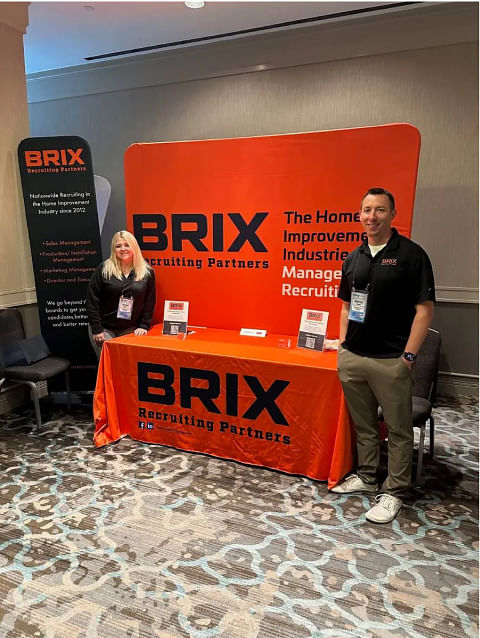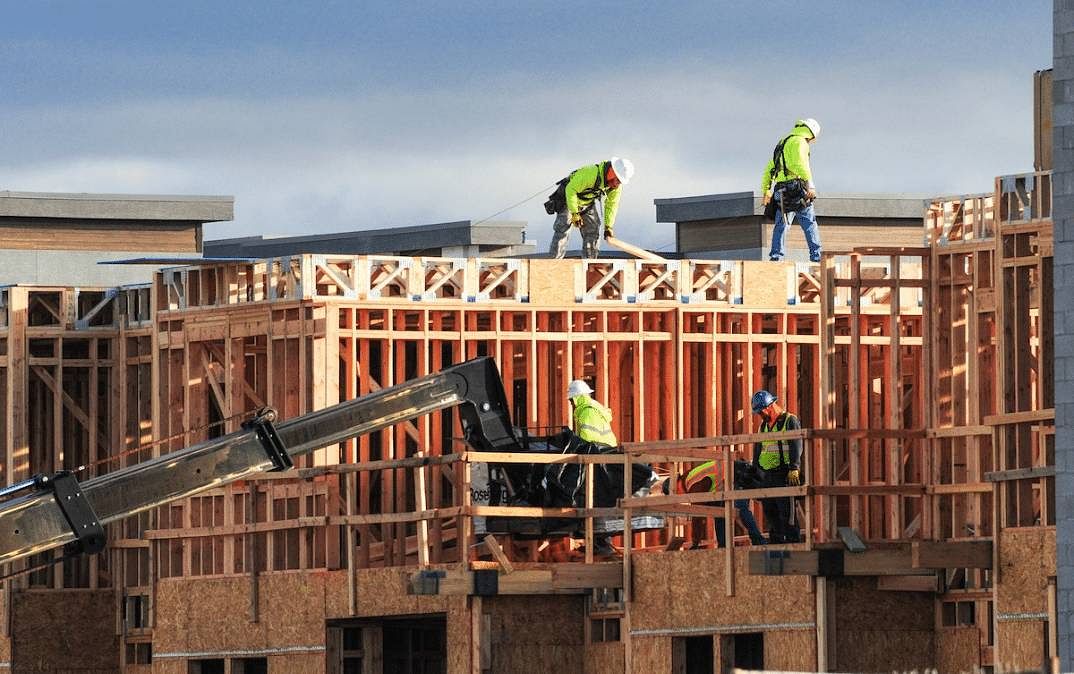By Adam Vortherms
When you're hunting for top talent, being thorough is key. After all, there are several variables to account for when selecting a candidate for a high-powered position: culture fit, experience, leadership potential, and more. That said, a thorough interview process doesn't have to take forever, and interview processes that are overly drawn out risk losing competitive talent to other companies and opportunities. With all that in mind, how do you balance an in-depth interview process with a well-paced timeline? First, arm yourself with the information necessary to make calculated choices about how you'll conduct the interview process. Next, keep a few of these tips in mind as you make your way through the excitement and uncertainty of interviewing top talent.
1. Top candidates are time sensitive.
If you've got your sights set on a few prospective candidates that are particularly impressive, recognize the fact that other hiring managers will also be interested. In other words: top candidates are a hot commodity. Accordingly, you should be aware of the risks of a drawn-out interview process. The longer you wait to advance through the steps of interviewing and hiring, the higher the chances become that your dream candidate will be whisked away by another company--maybe even a competitor--who acted more quickly.
2. A speedy interview process doesn't have to be light on content.
If you decide that speed should play a central role in how you conduct the interview process, it doesn't mean you can't be thorough. Think of it this way: multi-step interview processes are the norm for a reason; they help distinguish top talent and determine which candidate will make for the ideal, long-term fit. However, multi-phase interviews should be scheduled with speed and efficiency in mind. A process that moves slowly over the course of a month or two may inspire top talent to look elsewhere--either because they're ready for a change, someone else came calling, or because they don't feel properly valued by your hiring team. Be sure to schedule interview processes proactively and with efficient timelines in mind--this will cut back on unproductive days going by between meetings.
3. Be communicative with candidates throughout the interview process.
Being straightforward can go a long way when it comes to soothing the anxieties of top candidates and avoiding miscommunications. If a multi-step interview process is deterring top talent, be up-front about your interests and intentions. You have a far greater chance of losing out on a winning candidate by being standoffish and uncommunicative during those down periods between interviews. Likewise, setting expectations up front about the interview process's timeline can alleviate some concerns and help candidates plan their lives accordingly. This good faith gesture can buy you the time you need to interview all your prospective hires--without losing on the top contenders.
The bottom line is this: maintain a sense of urgency throughout the hiring process and you won't necessarily have to cut back on your due diligence. Consider it an exercise in putting yourself in the shoes of top candidates, managing the back and forth of repeat interviews and schedule
coordination. Try to take some of the stress and uncertainty out of the equation by being efficient and time-effective throughout, and the candidate you ultimately select will surely thank you for it.
Adam Vortherms is a Recruiting Manager at Grapevine - Targeted Sales Recruiting. Visit www.brixrecruiting.com, call (952) 405-6222 or email adam@brixrecruiting.com.


